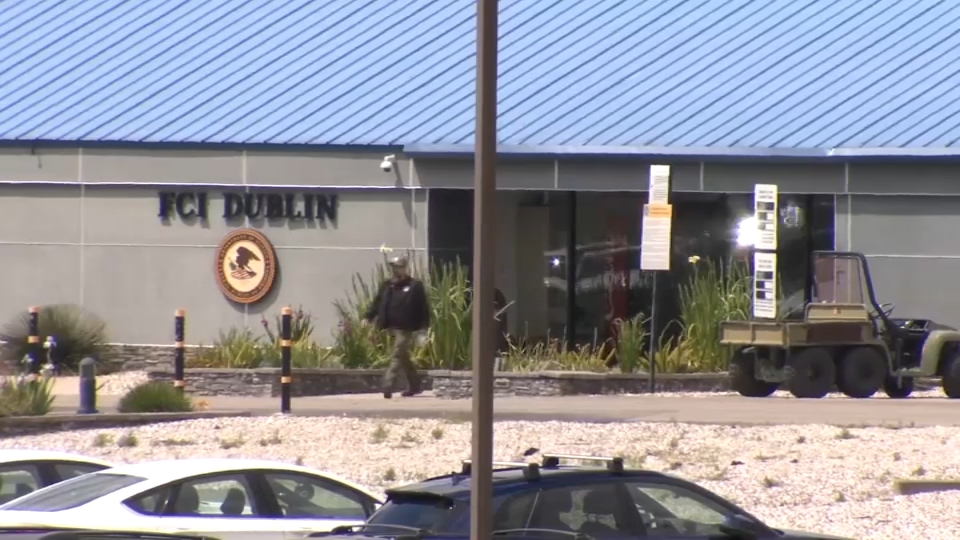Normal 0 false false false EN-US X-NONE X-NONE MicrosoftInternetExplorer4 /* Style Definitions */ table.MsoNormalTable {mso-style-name:"Table Normal"; mso-tstyle-rowband-size:0; mso-tstyle-colband-size:0; mso-style-noshow:yes; mso-style-priority:99; mso-style-parent:""; mso-padding-alt:0in 5.4pt 0in 5.4pt; mso-para-margin:0in; mso-para-margin-bottom:.0001pt; mso-pagination:widow-orphan; font-size:10.0pt; font-family:"Times New Roman","serif";} If California is ever going to make it to the finish line on the state’s mammoth high speed rail project, it might want to cut down on all the snags along the way.
With many residents already skeptical about the government’s ability to raise the money needed to complete the project by the turn of the century, new questions now arise about how the High Speed Rail Authority is awarding contracts.
The contractor with the lowest technical grade of all bidders, a consortium led by the firm Tutor Perini, won the right to build the first leg of track from Madera to Fresno.
“It made a lot of sense to choose the contractor we did,” said Dan Richard, Chairman of the High Speed Rail Authority, after speaking at a congressional oversight hearing on Tuesday in Madera. “We’re saving the public a tremendous amount of money. The engineers estimated that this first leg would cost $1.5 billion, and the contractor came in and said they could build it for $985 million."
But undercutting the authority’s selection are concerns about transparency, fairness and competency.
In a multi-step bid process, the authority altered its criteria for bidders several months prior to when the final bids were due.
Tutor Perini, which scored the lowest marks in technical areas such as safety measures, engineering and quality of design, would have been eliminated from final consideration under the original framework.
Local
But after the authority revamped its criteria, Tutor Perini came out on top. Spanish firms with higher technical marks but more expensive bids, like Ferrovial and Acciona, were removed from consideration.
Richard said that all five of the final candidates were major international corporations with long histories of civil achievement, and that the state could not make a poor choice in selecting a contractor.
“I’d like to say that if you had a meeting of a Mensa chapter, with five people, somebody’s going to have the lowest IQ,” said Richard. “But their IQ is still going to be pretty high, and that’s what we had here with these contractors.”
That explanation, however, did not suffice for Congressman Jeff Denham, R-Atwater, Chairman of the House Subcommittee on Railroads, Pipelines and Hazardous Material, who presided over Tuesday’s oversight hearing.
“Certainly there was some frustration,” said Denham. “If [the high speed rail authority] is going to change the criteria that was set in Prop 1A, then that should be transparent for all the voters.”
Prop 1A, passed in the November 2008 state elections, secured roughly $10 billion in funding for high speed rail but came with strict conditions.
Denham fears those conditions may have been violated. Moreover, the congressman acknowledged that the selection of a contractor for low-cost reasons could create other problems.
“The concern I have is that you can have the lowest bid, but then come in way over budget based on change orders in the future,” he said. Denham added he received “no guarantees” that the cost would not go over budget.
“The contract should also go to the bidder with the highest score,” said Denham, “so we don’t end up with a shoddy project.”
Richard countered that the state weighted its decision by considering technical skills for about 30 percent, and cost-efficiency for about 70 percent, unlike other government entities who make contract decisions based strictly on cost.
When asked for specifics on why the authority switched its criteria in the middle of the process, High Speed Rail Authority spokesperson Annie Parker emailed NBC Bay Area the following explanation:
“The State changed its criteria for bidders in August 2012, a full five months before bids were submitted, because we wanted to get the best possible result for the design-build contract…that took into account both technical expertise and estimated costs. We were concerned that if we didn’t open the process to all five bidders, we would be leaving money on the table by not taking all five bids into account.”
Ron Tutor, the CEO and Chairman of Tutor Perini, dismissed all claims of improper selection and unqualified bids as ludicrous.
“My God,” Tutor said, “the five of us [bidders] were all prequalified. We’re a publicly-held company and one of the giants of the U.S. construction industry.”
He continued, “we’ve got as many or more major, successful civil works than anybody on that list, if not more.”
When asked whether his companies have a history of entering low bids and charging up prices, as some critics have suggested, Tutor responded emphatically.
“That is the biggest load of [expletive] ever, and it’s getting *infuriating to hear that uneducated statement,” he said. “It has never happened, and you can’t make that statement if you even have a modicum of understanding of the public works industry.”
Tutor’s contention that he hasn’t run projects late or over budget in the Bay Area checked out with BART.
The agency’s spokesperson told NBC Bay Area that the extension to the San Francisco Airport, partly handled by a Tutor company, was completed “on time and on budget from a legal standpoint.”
We are still awaiting word from the San Francisco Airport on whether the same is true regarding their terminal construction, also partly performed by a Tutor company.



